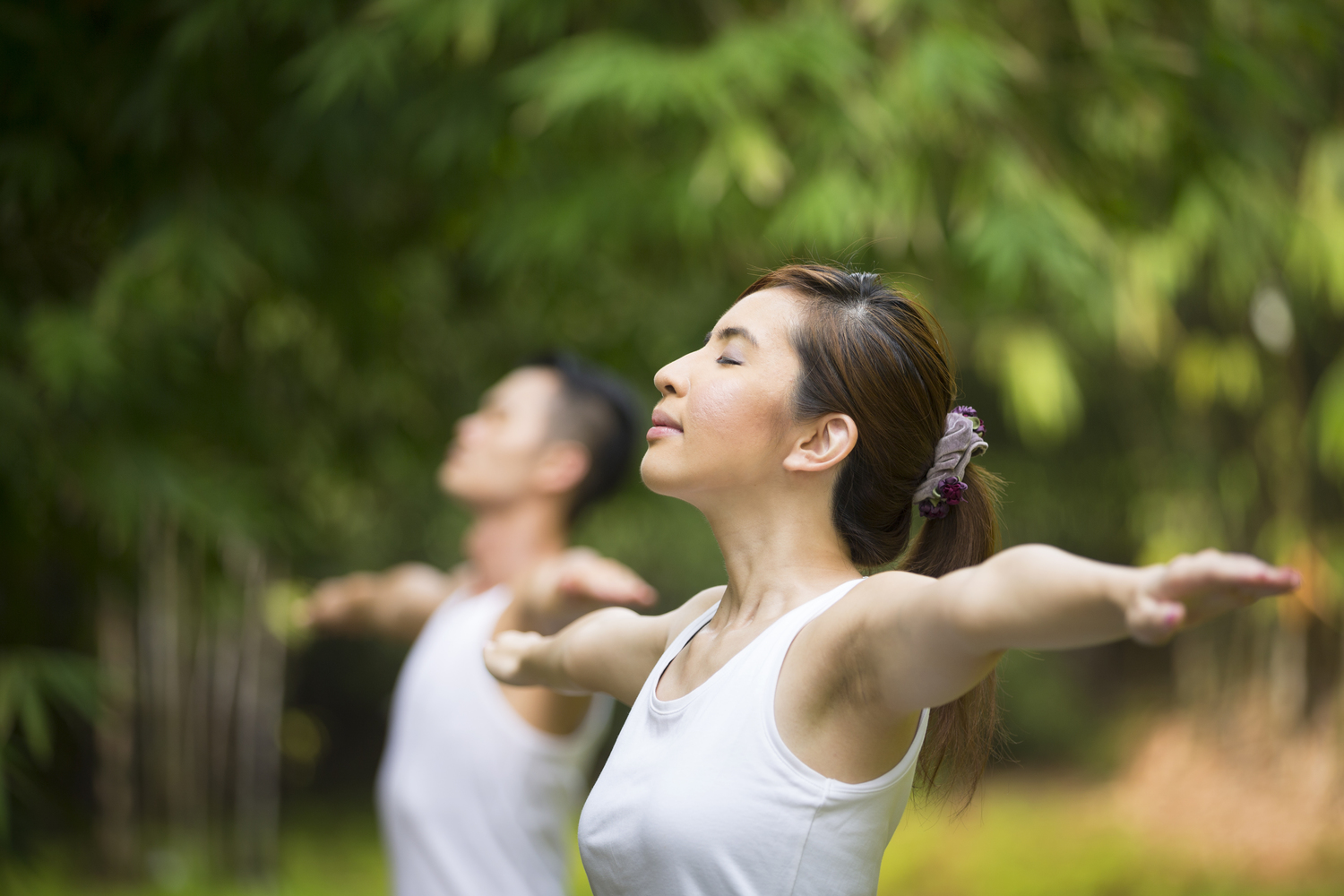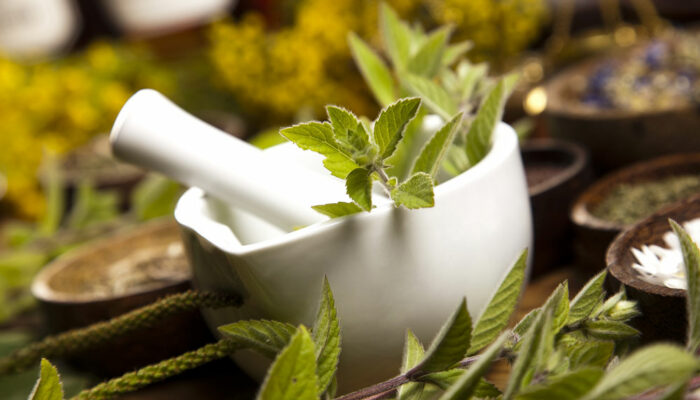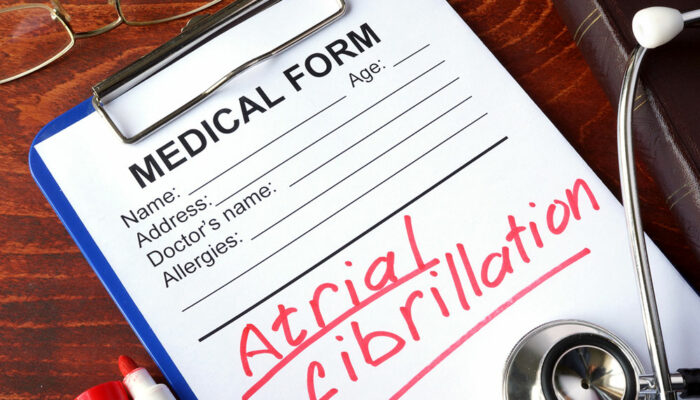
Home Remedies for ADHD
Diagnosis of both adult and child cases of attention deficit hyperactivity disorder, ADHD, are rising swiftly. In fact, numbers from the Centers for Disease Control and Prevention (CDC) indicate that approximately 4% of U.S. adults and 6.4 million children between the ages of 4- and 17-years old struggle with this very common mental disorder. While doctor-prescribed medications are often recommended to manage the symptoms (i.e., impulsivity, lack of focus, irritability, hyperactivity, social withdrawal, etc.).
Many patients don’t require medication or don’t react well to the negative side effects, and can therefore turn to more natural remedies or combine them to manage ADHD:
1. Supplemental remedies
Many patients are caregivers opt to implement the following natural supplements to reduce many of the symptoms of ADHD:
- Ginseng: to soothe inattentiveness and reduce hyperactivity.
- Vitamin B6: Numerous studies indicate that vitamin B6 deficiency can result in chronic fatigue , anxiety, and mood changes so supplement can help.
- Magnesium: Deficiency in magnesium has been linked to a number of chronic conditions, including ADHD. In fact, a 2015 study conducted at St. Anna-Hospital in Germany found that 58% of ADHD participants tested for low serum magnesium levels
- Zinc: Has shown promise for controlling impulsivity and hyperactivity in ADHD symptoms.
However, if you do decide to try supplements, be sure to check with your doctor first for any contradictions or safety concerns.
2. Quality sleep
Inadequate sleep and sleep schedules are negative on mood and physical energy alike. However, if you have ADHD lack of sleep can exacerbate symptoms of anxiousness, irritability, decision making, attentiveness, and anger. Even if you ‘re taking ADHD medication, it might not be working on bodies lacking adequate sleep. To aid sleep, implement a sleep schedule and go to bed and wake up at the same time every day. Also, try supplementation with magnesium, a well known sleep aid.
3. Exercise
Physical activity is always recommended to reduce symptoms of chronic conditions. In particular, gentle non-intense activities like yoga, tai chi, swimming, and walking may be helpful for reducing symptoms of anxiousness, hyperactivity, depression, and social phobias.
4. Take time for self care
For many ADHD patients anxiety and hyper-focus go hand in hand. For instance, many patients report getting so caught up in tasks that they ignore everything else around them (i.e., eating, sleeping, family, work, school, etc.). This is why practicing self care is important. Daily doses of self care work as a reminder to check in with yourself and how your feeling physically and mentally. Take time to enjoy moments filled with things just for you (i.e., walk the dog, take a bath, listen to music, etc.).




